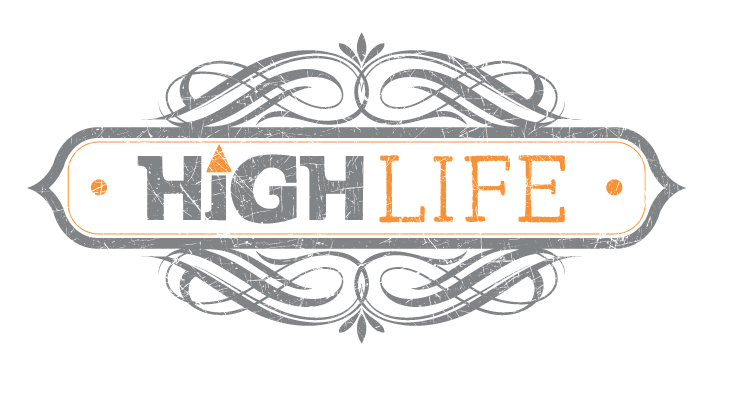This week in High Life our series called “Happy” brought us a powerful lesson on forgiveness. Our Beatitude for the week was “Blessed are the peacemakers, for they will be called children of God.” We talked again about the greatest commandment, love God, love others, and about how forgiveness is a part of that.

First and foremost, we understand that we can love God and be at peace with him because of his forgiveness extended to us, because of Jesus’ death on the cross. And because of that, we are given the same command: We must forgive others.
But this is hard. Our feelings don’t go along with this very well sometimes. Hurts can run so deep. The most important thing that our youth could have taken away from the lesson this week is to understand that forgiveness is really not about feelings at all. We don’t do it because we feel like it. It is a choice. And we are commanded to make that choice.
Unfortunately, at one time or another, most of us choose not to forgive, and so, we also talked about what happens when we make that choice. Many of us have been or are in this place. Plainly stated, unforgiveness is disobedience towards God; therefore, it separates us from our Father. Scripture also tell us that if we do not forgive others, then God will not forgive us of our sins. So the spiritual implications of unforgiveness are huge. In addition, unforgiveness allows anger to grow in our hearts, which turns to bitterness, and hardens us. Finally, unforgiveness keeps us in bondage because we keep reliving our hurts every single day that we hold on to them.
Together we discussed a process for making the choice to forgive. The first step is to identify those who have hurt us. A written list can be helpful because it forces us to acknowledge those hurts we are carrying. There’s something about writing it down, seeing it on paper. The second step is to add to that list what we feel that person owes us for things to be made right. The third and hardest step is to then choose to cancel that debt. Regardless of the fact that things may never be put back right, we give up the right to hold on to it any longer.
Together we discussed questions like:
- What do you think makes forgiveness so hard? Why is it hard to do?
- God commands us to forgive, and we know that when we break his commandments, there are consequences. So, what do you think are the consequences of harboring unforgiveness, or of not forgiving someone?
- How does unforgiveness affect you?
Please consider talking with your teens about this difficult topic. Releasing hurts makes us right with God and right with others. But it is by no means an easy thing to do.
Blessings,
Shane, Chris, and Catherine
